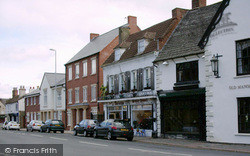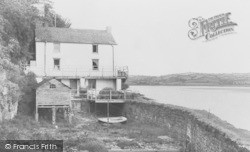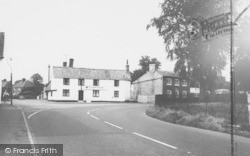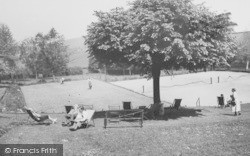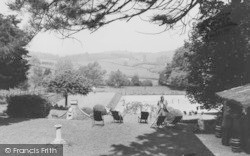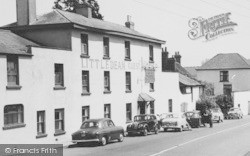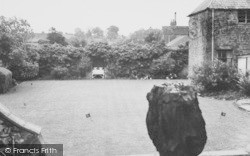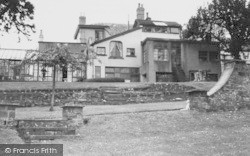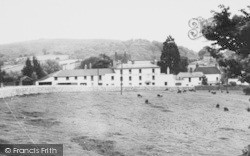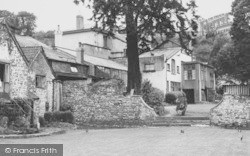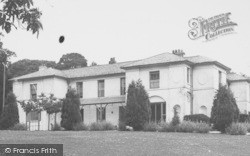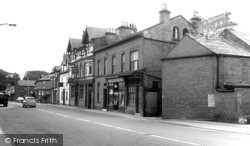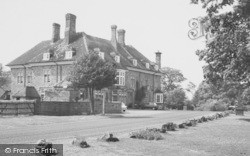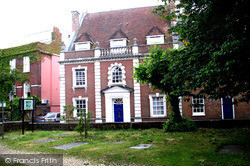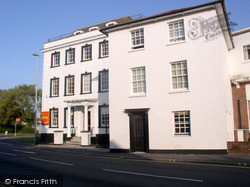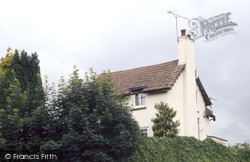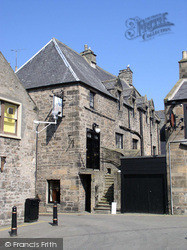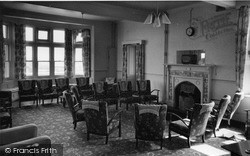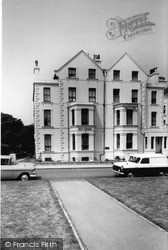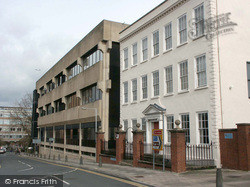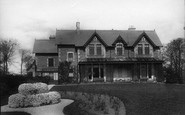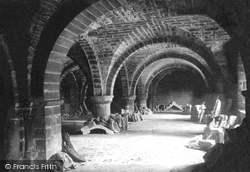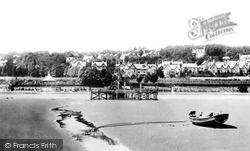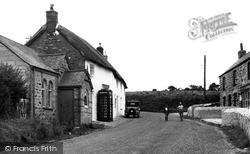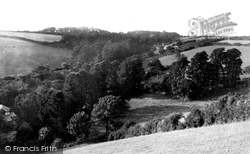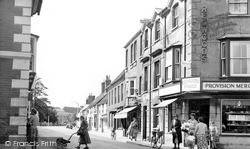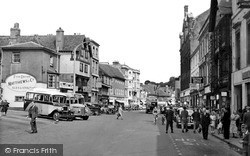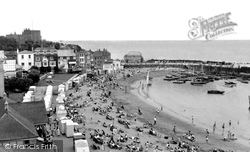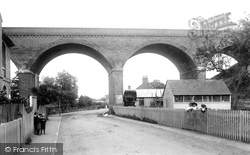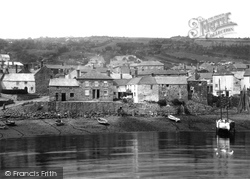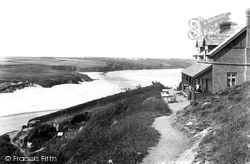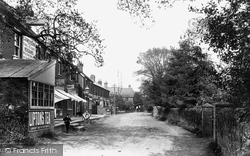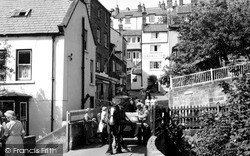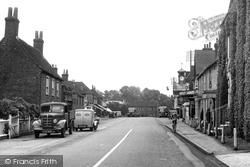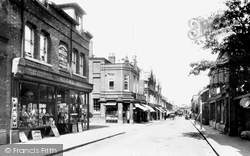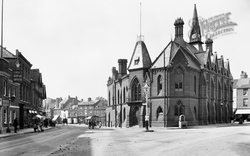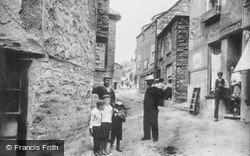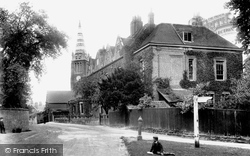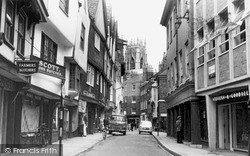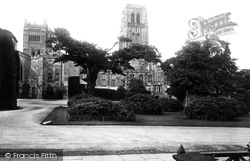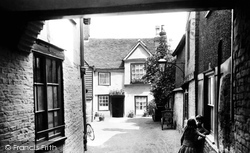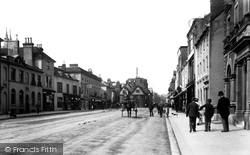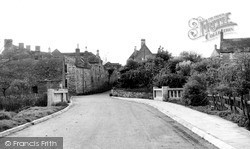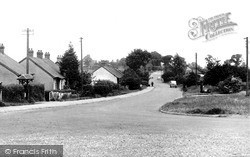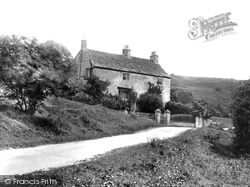Places
36 places found.
Those places high-lighted have photos. All locations may have maps, books and memories.
- Chatsworth House, Derbyshire
- Osborne House, Isle of Wight
- Brambletye House, Sussex
- Ickworth House, Suffolk
- Kingston Lacy House, Dorset
- Boscobel House, Shropshire
- Preshute House, Wiltshire
- Bolton Houses, Lancashire
- Brick Houses, Yorkshire
- Quaking Houses, Durham
- Water Houses, Yorkshire
- Bottom House, Staffordshire
- New House, Kent
- Mite Houses, Cumbria
- Lyneham House, Devon
- Church Houses, Yorkshire
- Dye House, Northumberland
- Spittal Houses, Yorkshire
- Street Houses, Yorkshire
- Tow House, Northumberland
- Halfway House, Shropshire
- Halfway Houses, Kent
- High Houses, Essex
- Flush House, Yorkshire
- White House, Suffolk
- Wood House, Lancashire
- Bank Houses, Lancashire
- Lower House, Cheshire
- Marsh Houses, Lancashire
- Chapel House, Lancashire
- Close House, Durham
- Guard House, Yorkshire
- Hundle Houses, Lincolnshire
- Hundred House, Powys
- Thorley Houses, Hertfordshire
- School House, Dorset
Photos
7,776 photos found. Showing results 2,101 to 2,120.
Maps
370 maps found.
Books
1 books found. Showing results 2,521 to 1.
Memories
10,360 memories found. Showing results 1,051 to 1,060.
A Yokels Tale
A Personal Recollection of growing up during the last days of the pedestrian era in rural England by Tom Thornton A Yokel's Tale My earliest recollection of my Thornton grandparents, Alice and Tom, dates back to my pre-school ...Read more
A memory of Owslebury in 1941 by
Manor Road Sidcup
I was born in Farnborough hospital in June 1956. My mother is Austrailian and my father grew up in and around Bridgwater in Somerset. From the period of 1956 -1960 we lived in the top flat at 12 Manor Road (now sadly gone), the ...Read more
A memory of Sidcup in 1956 by
Family Picnics In 1950s
In the 1950s my family made regular summer trips to a scenic and elevated spot somewhere in the general area of Aylesbury for family picnics. I have a few b&w snaps - one of which shows a road wide enough for two ...Read more
A memory of Aylesbury in 1955 by
My Memories Of Cromer
Born in 1947 in Suffield Park, as was, Cottage Hospital on Overstrand Road. Lived in Links Avenue until 1959. My memories are vast. I went to school in the centre of Cromer which is now converted to senior citizens ...Read more
A memory of Cromer in 1952 by
Winlaton
31/10/11 My Great Grandparents were Joe and Ann Boyd who lived in Winlaton. Their children were Joe, Billy, George, Mary, Eliza and Annie. Thier daughter Mary married Jack Flanagan (my grandparents) on 12 September 1912 and they lived at ...Read more
A memory of Blaydon in 1900 by
Childhod Memories.
I visited Eagle Hall as a child, my grandfather, Mr GB Edward, and his wife bought the Hall in a fairly run down condition. I have memories of horse riding around the grounds swimming in one of the lakes, and of how derelict ...Read more
A memory of Pateley Bridge in 1965 by
Three Houses In Sipson
I have lived at three houses in Sipson. The first was 44 Sipson Way. My mother, brother and I moved in there in about 1956. I went to the old Heathrow School on the Bath Road a nice little school though old fashioned. I ...Read more
A memory of Sipson in 1956 by
Grandmothers House
I loved the Humberstone village and living with my grandmother. I went to Humberstone School. Her name was Maggie Hunt. I would love to hear her and her friends singing all those pub songs at the P lough and The Windmill. ...Read more
A memory of Humberstone in 1953 by
Growing Up In Morgans Terrace
I was born in 1932 at 5 Morgan's Terrace and soon thereafter moved to No 18. There were 7 people living at that address, my maternal Grandfather John Lewis, my maternal Uncle Donald Lewis, my mother Greta Emmanuel, ...Read more
A memory of Pontrhydyfen in 1930 by
An Old House
Alan, can you jog my memory please? As you came down the hill, on the left just before the little Tesco's, there was a small derelict cottage. I can remember creeping in there one day and finding an ornate cast iron fireplace. I went ...Read more
A memory of Bletchley in 1954 by
Your search returned a large number of results. Please try to refine your search further.
Captions
6,977 captions found. Showing results 2,521 to 2,544.
The undercroft on the west side of the cloister garden comprises the two vaulted aisles that once formed the abbot's cellars; above this was the guest-house.
The tearooms are to the left of the picture, with the bandstand to their right and Clare House Pier in the centre.
Here at the top end of the hamlet, the nearest end of the thatched house is the post office, with a telephone kiosk outside. The very small village hall is on the left.
Trenarren hamlet is in the far distance, and the mill house at Hallane is on the extreme left.
By 1955 the horse and cart have made way for the car, the street lamps have appeared, but the shops and everything else have changed very little in West Street.
The Wheatsheaf Public House on the left is now a jewellers shop, and Matthews, the Gillingham brewery, closed down soon after this picture was taken.
On the left is Bleak House, now castellated, and on the right the pier and little harbour. Broadstairs retains its Dickens association with its annual Dickens Festival.
On the extreme left is Peel House, built in 1851 and once the police station.
Although some houses have been altered, this view is recognisable today.
This uninterrupted view out over the lower Gannel estuary and the golden sands and dunes of Crantock confirms why Pentire became popular in the early days of housing development on the western outskirts
Liphook had begun to expand by the time this photograph was taken; its streets were characterised by neat rows of Victorian and Edwardian houses.
We can see the steepness of the streets by comparing the level of the Laurel Inn with the houses rising up behind.
Standing out in the distant centre is an attractive house where beer was once sold. It is situated at a crossroads, with Winchester Road on the left and Church Lane on the right.
When this picture was taken much of the town was fairly new, having been built over the previous thirty years or so to meet the demand for housing from Stockport and Manchester-based business people wishing
By this date, the Fire Brigade were also housed here and operated a steam powered fire engine.
In this they were aided by Port Isaac's maze of narrow streets, or 'drangs', in which they could run the excise men ragged, communicating by a series of coded knocks on the walls of adjoining houses.
The King's House dates from 1640, though it has been much restored. The old hunting forest was surrendered by Queen Victoria, so that more people could enjoy its delights.
Note the overhanging eaves of the shops and houses, characteristic of the medieval street lay-out of York which is still unchanged today.
The building we see between the trees is the refectory, later known as the old library, where a number of relics recovered from St Cuthbert's coffin in 1827 are housed.
With houses crowded together, yards like this were not uncommon in Cambridge.
Several 18th-century stone facades are apparent in these pictures, and some of the other old houses are disguised by contemporary shop fronts.
The stone houses beyond cluster together as the lane goes uphill. This part of the village is separated from the rest by the stream.
The bungalows along Church Road are fairly representative of the kind of housing to be seen in Laindon before the New Town came. Several of them are still there.
The cottage is celebrated as the house where Mrs Craik wrote John Halifax, Gentleman in 1856.
Places (80)
Photos (7776)
Memories (10360)
Books (1)
Maps (370)




